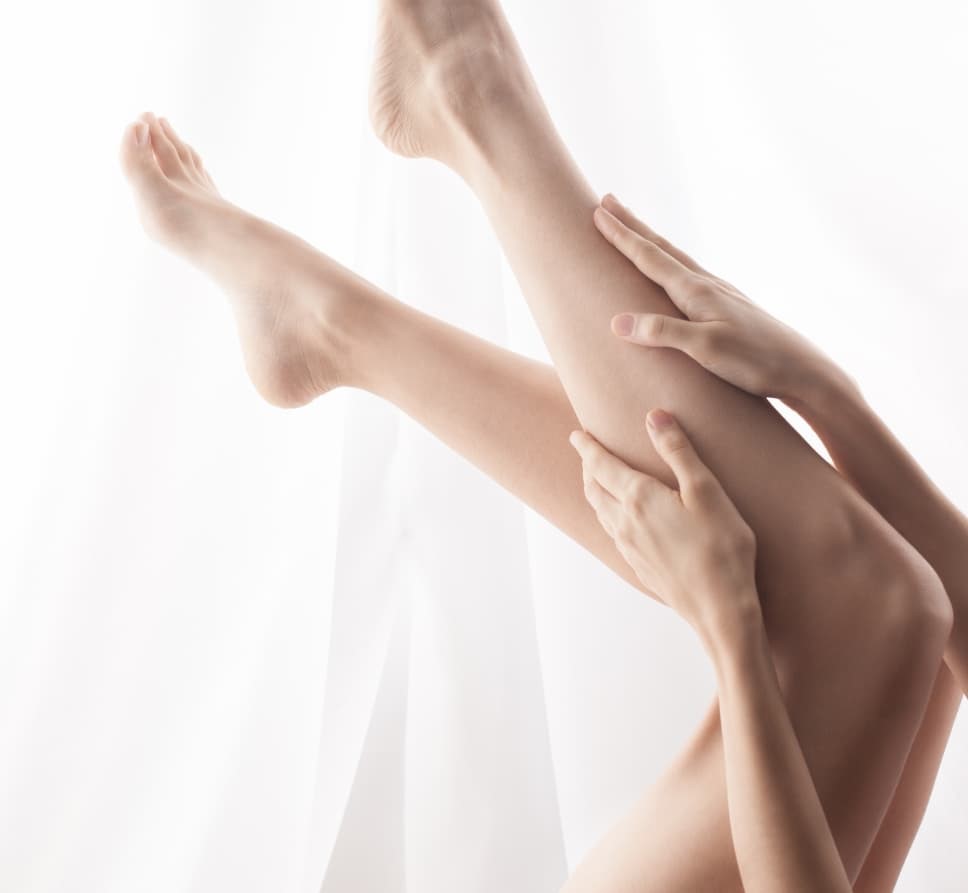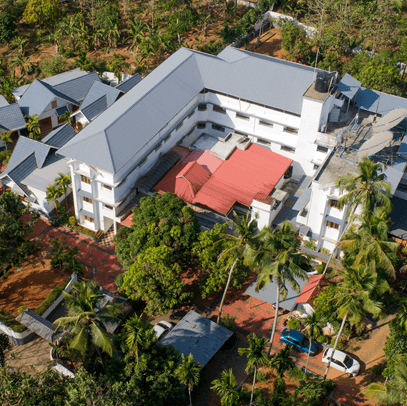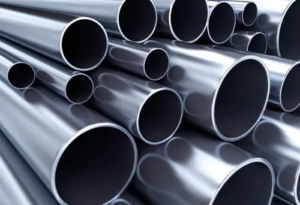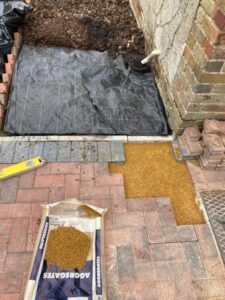What Is the Latest Treatment for Varicose Veins?
Varicose veins affect millions of individuals worldwide, causing discomfort, swelling, and even pain. These enlarged, twisted veins often appear on the legs and result from poor blood circulation. Although they may seem like a cosmetic concern to some, untreated What is the latest treatment for varicose veins can lead to severe complications, such as ulcers or deep vein thrombosis. For anyone suffering from this condition, consulting a vein treatment specialist is essential to finding the most effective solutions.
What Are the Signs That You Need Treatment?
Before seeking treatment, it’s crucial to recognize the symptoms of varicose veins. Common signs include swelling, itching, aching, and visible blue or purple veins beneath the skin. Severe cases may lead to skin discoloration or open sores near the affected veins. If these symptoms interfere with your daily activities, seeking the help of a vein treatment specialist can make all the difference.
What Are the Latest Advances in Varicose Vein Treatments?
Thanks to advancements in medical technology, there are now several minimally invasive treatments available for varicose veins. These modern procedures are safer, more effective, and involve shorter recovery times than traditional surgeries. Below are the latest treatments:
- Endovenous Laser Therapy (EVLT) Endovenous Laser Therapy is one of the most innovative techniques for treating varicose veins. This procedure involves inserting a small laser fiber into the affected vein. The laser generates heat, causing the vein to collapse and eventually get absorbed by the body. The treatment is performed under local anesthesia and offers quick recovery, making it a top choice for patients seeking a vein treatment specialist.
- Radiofrequency Ablation (RFA) Similar to EVLT, Radiofrequency Ablation uses heat to treat varicose veins. However, instead of a laser, it relies on radiofrequency energy. The specialist inserts a catheter into the vein and uses heat to seal it shut. RFA is highly effective, with minimal discomfort and downtime.
- VenaSeal Adhesive System The VenaSeal system is a groundbreaking method that involves sealing the vein with medical-grade adhesive. Unlike laser or radiofrequency treatments, VenaSeal does not require tumescent anesthesia, making the procedure faster and less painful. A vein treatment specialist often recommends this option for patients seeking a minimally invasive alternative.
- ClariVein® Mechanochemical Ablation ClariVein® is another recent innovation in varicose vein treatment. This procedure combines mechanical disruption and a sclerosing agent to close the vein. It’s a catheter-based treatment that doesn’t use heat, reducing the risk of nerve injury and speeding up recovery.
- Foam Sclerotherapy Foam sclerotherapy is a modern take on traditional sclerotherapy. In this procedure, a foam solution is injected into the vein to irritate and seal it shut. The foam’s consistency allows it to cover a larger area, making it suitable for larger veins. It’s a quick, minimally invasive option that delivers excellent results.
How Do These Treatments Compare to Traditional Surgery?
Traditional vein stripping surgery involves removing the affected vein through an incision, requiring general anesthesia and an extended recovery period. While effective, this method is invasive and carries risks like infection and scarring. In contrast, modern treatments performed by a vein treatment specialist are less invasive, safer, and require minimal downtime. Patients can usually resume their daily activities within a few days.
Who Is a Suitable Candidate for These Treatments?
Most individuals with varicose veins are eligible for the latest treatments. However, a vein treatment specialist will conduct a thorough evaluation, including a physical exam and ultrasound, to determine the best option. Factors like the size, location, and severity of the varicose veins, as well as the patient’s overall health, play a significant role in choosing the right treatment.
What Should You Expect During and After the Procedure?
Modern varicose vein treatments are typically outpatient procedures, meaning you can return home the same day. Here’s what to expect:
- Preparation: Your vein treatment specialist will discuss the procedure with you and provide pre-treatment instructions, such as avoiding certain medications.
- Procedure: The procedure itself usually lasts between 30 minutes and an hour. Local anesthesia ensures minimal discomfort.
- Recovery: Most patients experience little to no pain after treatment. Wearing compression stockings for a few days helps improve blood flow and reduce swelling.
- Follow-Up: Regular follow-up visits with your vein treatment specialist are essential to monitor your progress and ensure optimal results.
What Are the Benefits of Seeing a Vein Treatment Specialist?
A vein treatment specialist has extensive training and experience in diagnosing and treating vein-related conditions. Here’s why consulting one is beneficial:
- Accurate Diagnosis: Specialists use advanced imaging techniques to identify the underlying cause of varicose veins.
- Customized Treatment Plans: Each patient’s condition is unique, and a specialist tailors the treatment to meet individual needs.
- Access to Advanced Treatments: Specialists are equipped with the latest technologies and techniques for effective and minimally invasive care.
- Improved Outcomes: Expertise and experience lead to better results and reduced risk of complications.
How Can You Prevent Varicose Veins From Returning?
While modern treatments effectively address varicose veins, taking preventive measures can help reduce the risk of recurrence. Here are some tips:
- Exercise Regularly: Physical activity improves blood circulation and strengthens the veins.
- Maintain a Healthy Weight: Excess weight puts pressure on the veins, contributing to their development.
- Avoid Prolonged Sitting or Standing: Taking breaks to move around can prevent blood from pooling in the veins.
- Wear Compression Stockings: These stockings provide support and improve blood flow, especially during long periods of travel or work.
Where Can You Find the Best Vein Treatment Specialist?
Finding a qualified vein treatment specialist is crucial for successful outcomes. Look for a specialist with certifications, positive patient reviews, and access to advanced treatment options. Many clinics also offer free consultations, allowing you to discuss your concerns and treatment options before making a decision.
What Should You Ask Your Vein Treatment Specialist?
Before undergoing treatment, prepare a list of questions to ensure you’re well-informed. Here are some examples:
- What is the best treatment option for my condition?
- What are the risks and benefits of the recommended procedure?
- How long will the recovery process take?
- Are there any lifestyle changes I should make after treatment?
- Will my insurance cover the cost of the procedure?
Why Should You Act Now?
Delaying treatment for varicose veins can lead to complications, including chronic pain, skin changes, and ulcers. By consulting a vein treatment specialist, you can address the issue promptly and improve your quality of life. Modern treatments are quick, effective, and virtually painless, making now the perfect time to take action.
Conclusion: Why Choose Modern Treatments for Varicose Veins?
Varicose veins are more than just a cosmetic issue; they can significantly impact your overall health and well-being. Modern treatments offer safe, effective, and minimally invasive solutions tailored to each patient’s needs. Consulting a vein treatment specialist ensures you receive the highest standard of care and achieve the best possible outcomes. Take the first step toward healthier veins by exploring your treatment options today.














Post Comment